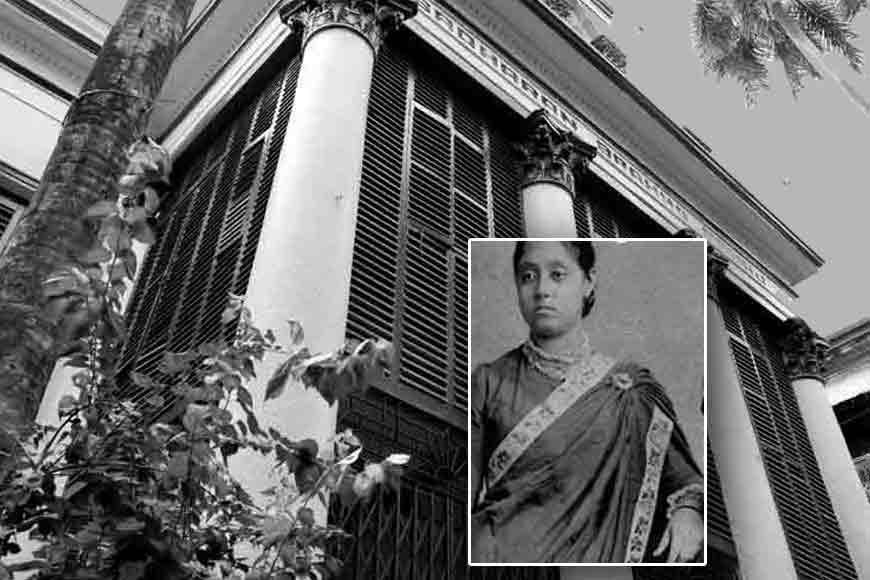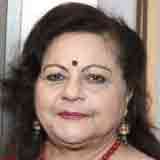Sarala Roy’s father had married off his widowed stepmother

He was probably one of the earliest reformists of India, in a patriarchal society, where he preached and practiced female literacy and much more. But how many of us have even heard of Durga Mohan Das and his pioneering contribution to eradicate social evils and pave way for female education? Incidentally he was the father of Sarala Roy, who established Gokhale Memorial School that celebrates its centenary this year.
Durga Mohan chose to tread a path fraught with challenges and danger. His efforts to initiate widow remarriage was met with staunch opposition and disapproval. He was socially boycotted, but he remained committed to his belief. Without men like Ishwar Chandra Vidyasagar and Durga Mohan, the journey of Indian women would have been far more daunting. They were the torchbearers who made the transition of women from the Dark Age to modernism smoother.
Durga Mohan was born in a well-known, erudite Vaidya-Brahmin family at Telirbagh, Bikrampur, Bangladesh. His father Kashiswar, was a government pleader in the court of Barishal. Durga Mohan also became a renowned lawyer who practiced at Calcutta High Court. He was a student of Presidency College with a senior scholarship. During his days at Presidency College, Durga Mohan was greatly influenced by Edward Cowley, professor of history and an erudite Sanskrit scholar. Many of his students often dropped in at Cowley’s residence and discussed serious issues like religion and faith. Cowley was a devout Christian and some of his pupils were influenced by Cowley’s deep faith. One of Durga Mohan’s friends, Bhagaban Chandra Chatterjee even converted to Christianity. Durga Mohan himself was considerably influenced by Cowley’s impassioned speech on Christianity. He brought his child-wife, Brahmamoyee to the house of a Christian priest so that she could also listen to the discourse and consent to her husband’s decision to convert. His uncle Bireshwar Das was an orthodox man who was infuriated by his nephew’s new obsession with Christianity and turned him out of his house.
By this time Durga Mohan had cleared his licentiate examination in law and had just started practicing at Calcutta High Court. However, his earning was inadequate for him to live comfortably in Kolkata. So, he decided to retreat to Barisal. His elder sibling, Kali Mohan Das, who later became a famous lawyer of Calcutta High Court, was at that time practicing law in Barisal. Kali Mohan welcomed Durga Mohan with open arms. He also gave him a couple of books by Theodore Parker and asked him to read them thoroughly before finalizing his decision to convert to Christianity. Durga Mohan complied but after reading the books, he changed his opinion and instead of converting to Christianity, joined the Brahmo Samaj.
He got together his friends and established a branch of Brahmo Samaj at Barisal. In order to enlighten devotees, he invited Brahmo preachers from Calcutta. Education of women was a top priority. During this time there was a major social upheaval among Hindus, following the decision to consent to remarriage of widows. An enlightened social reformer that he was, Durga Mohan and his friends publicly organised remarriage of widows. He even offered to extend financial support to those couples who braved the opposition and married because he was aware how they would be ostracized by an orthodox society.
Durga Mohan was so radical in his resolution that he got his young widowed step-mother married to one of his friends. The orthodox society could not digest this digression from mainstream norms and he was deprecated by the entire society. His earnings dwindled because people boycotted him. But Durga Mohan was a man of principles and remained steadfast in his mission. Around 1870, he shifted to Calcutta High Court. Dwarakanath Ganguly, the great champion of women’s emancipation, had already shifted base from Dhaka to Calcutta, bringing with him the newspaper, Abalabandhab that he owned and edited. There were other young men such as Rajaninath Roy, who were clamoring for reforms within the Brahmo Samaj. Till then women used to sit in the Brahmo Samaj behind a screen. The reformists started bringing their wives into the open. That immediately caused some confusion but ultimately, they won the day. Brahmo Samaj allowed women to sit in the open.
When Miss Annette Akroyd opened a boarding school for girls in the city, Durga Mohan not only assisted her financially but also admitted his daughters Sarala Roy and Abala Bose. The school was later merged with Bethune School. He married Hemantasashi, the widowed daughter of renowned Brahmo social reformer, Kali Narayan Gupta of Dhaka. Hemantasashi Sen’s only son by her first husband was noted music composer and songwriter Atul Prasad Sen. Not many know that Chittaranjan Das, popularly called Deshbandhu was the son of his brother, Bhuban Mohan Das. Amongst his children the more-renowned were Satish Ranjan Dash, Sarala Roy and Abala Bose. Air Marshal Subroto Mukherjee was his great grandson on his daughter’s side.









